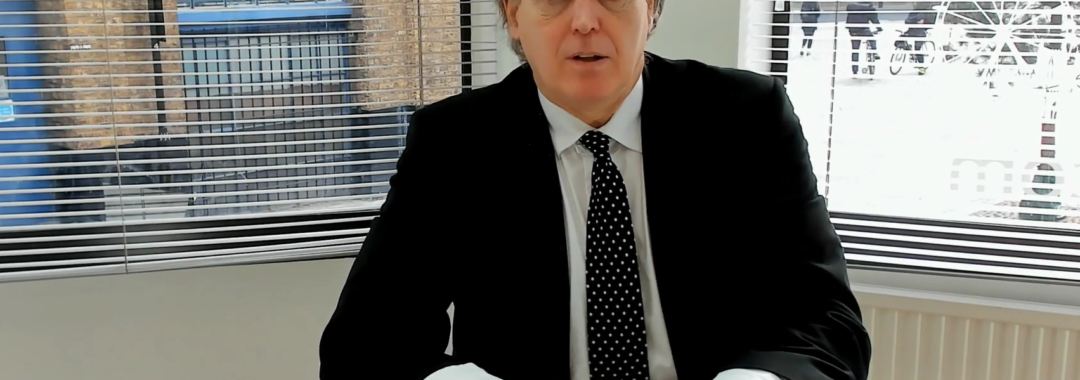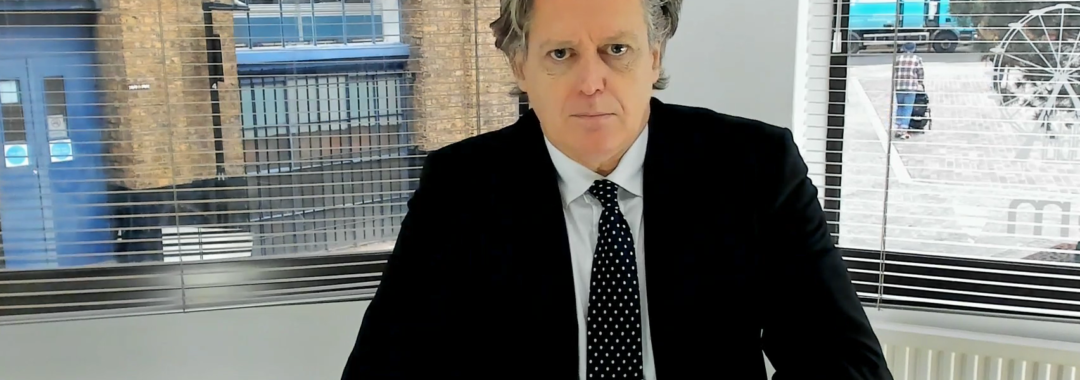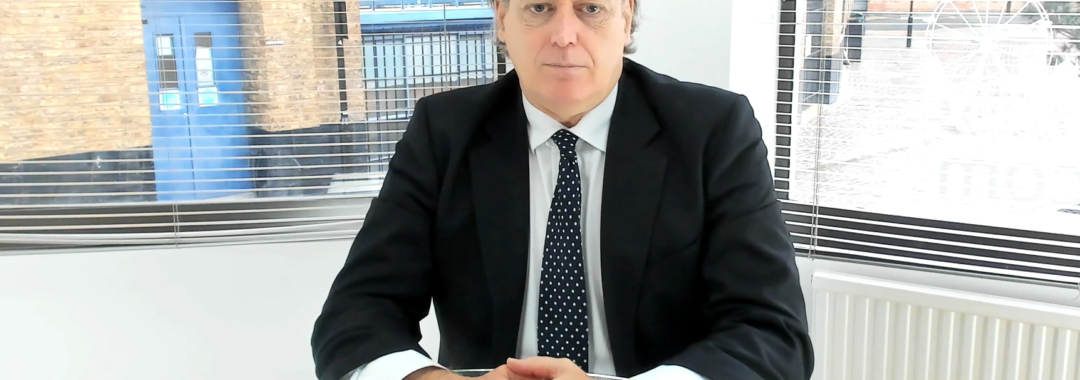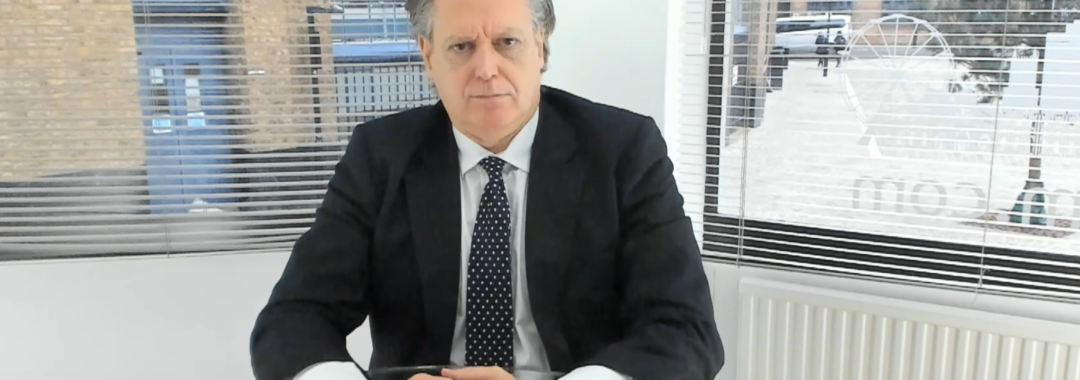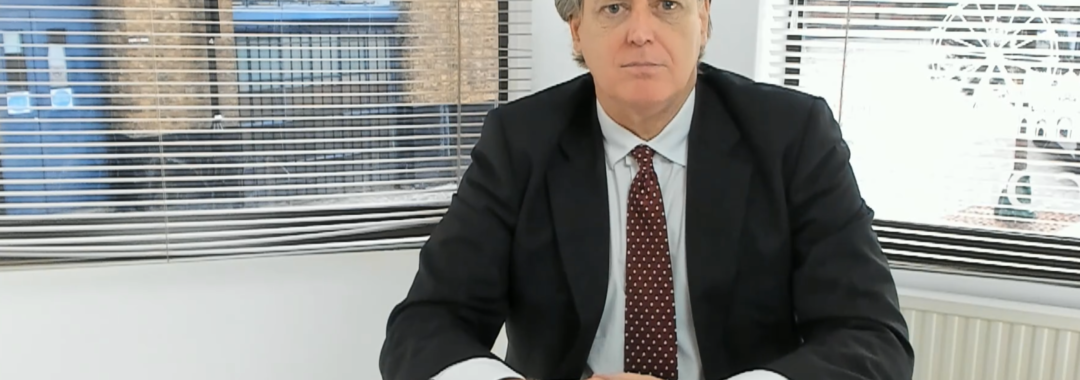“This was one of a pair of recent cases, which tend to suggest that police officers and those who aspire to be police officers are still held to a higher standard than the public they are sworn to protect. It was a sentencing appeal following a plea of guilty by a former police officer, who had made use of information gathered in the course of investigating a drink driving offence to get in touch with the defendant and subsequently enter into a long-term personal relationship with her. He resigned from the police and pleaded guilty to misconduct in a public office. His appeal against the sentence prompted the Court of Appeal to refer to earlier authorities on sentencing for misconduct in a public office by serving police officers and gave the court an opportunity to emphasise the gravity of the offence, whilst at the same time proving that the quality of mercy is not strained ...”
ADDED Thursday 26th November 2020
